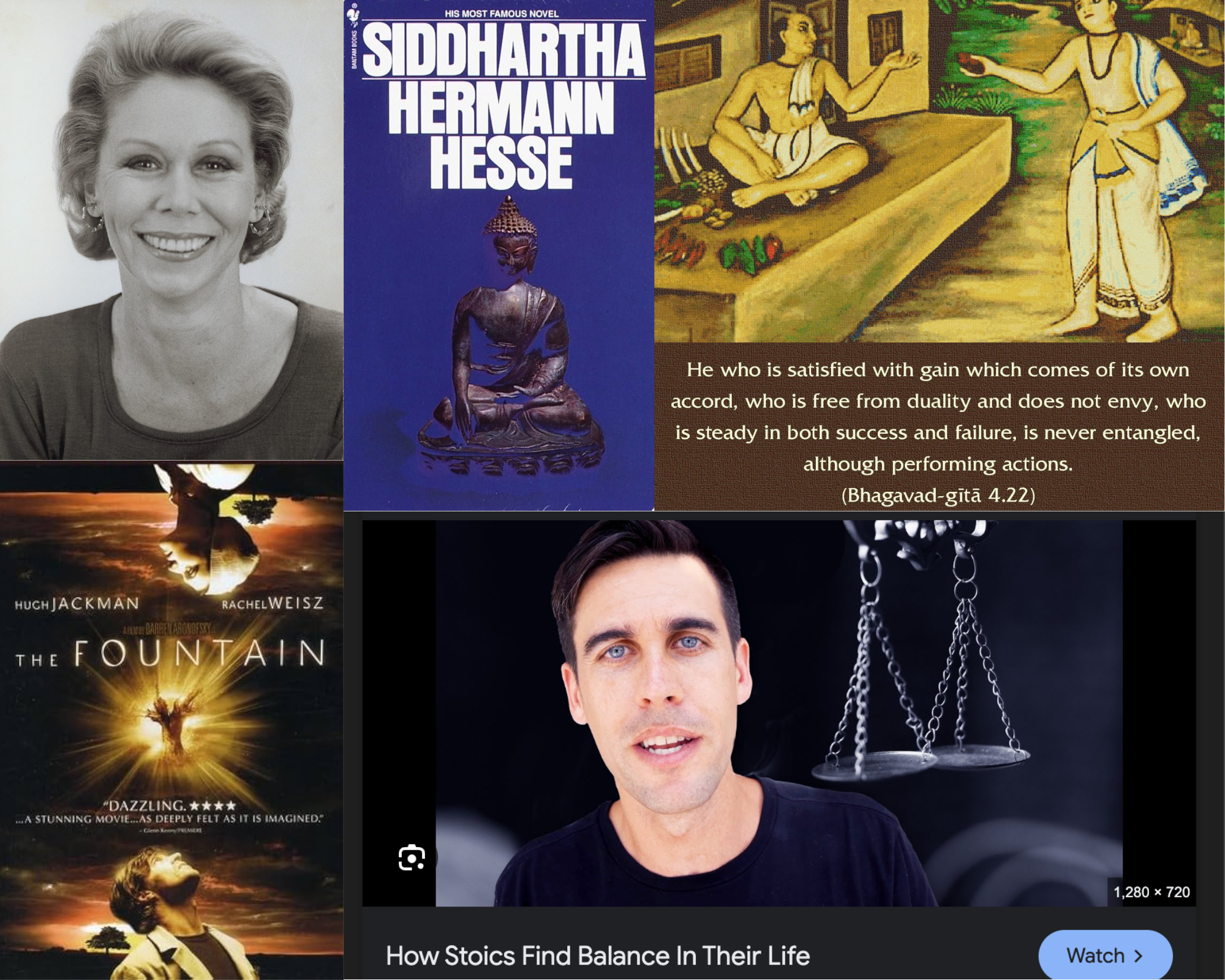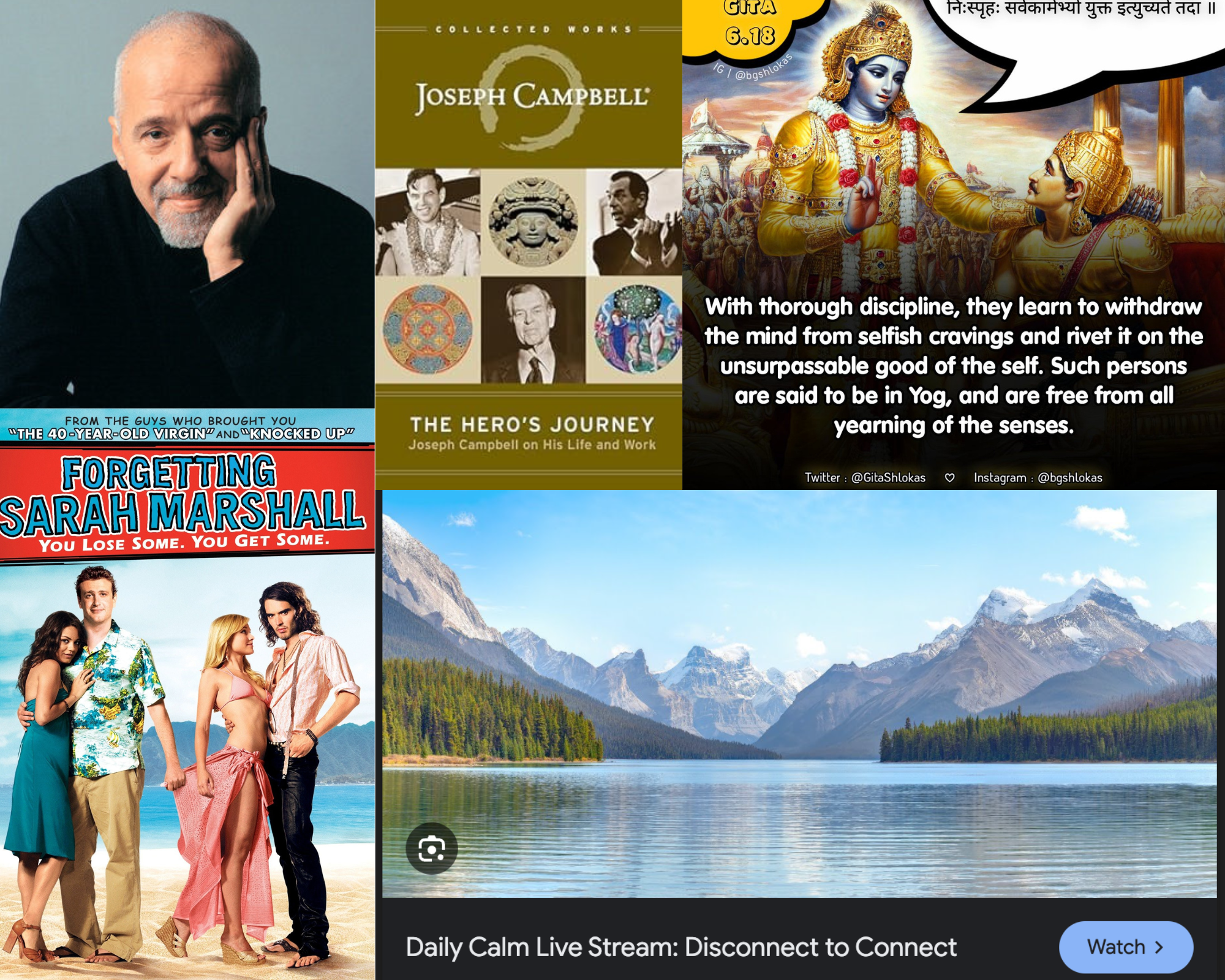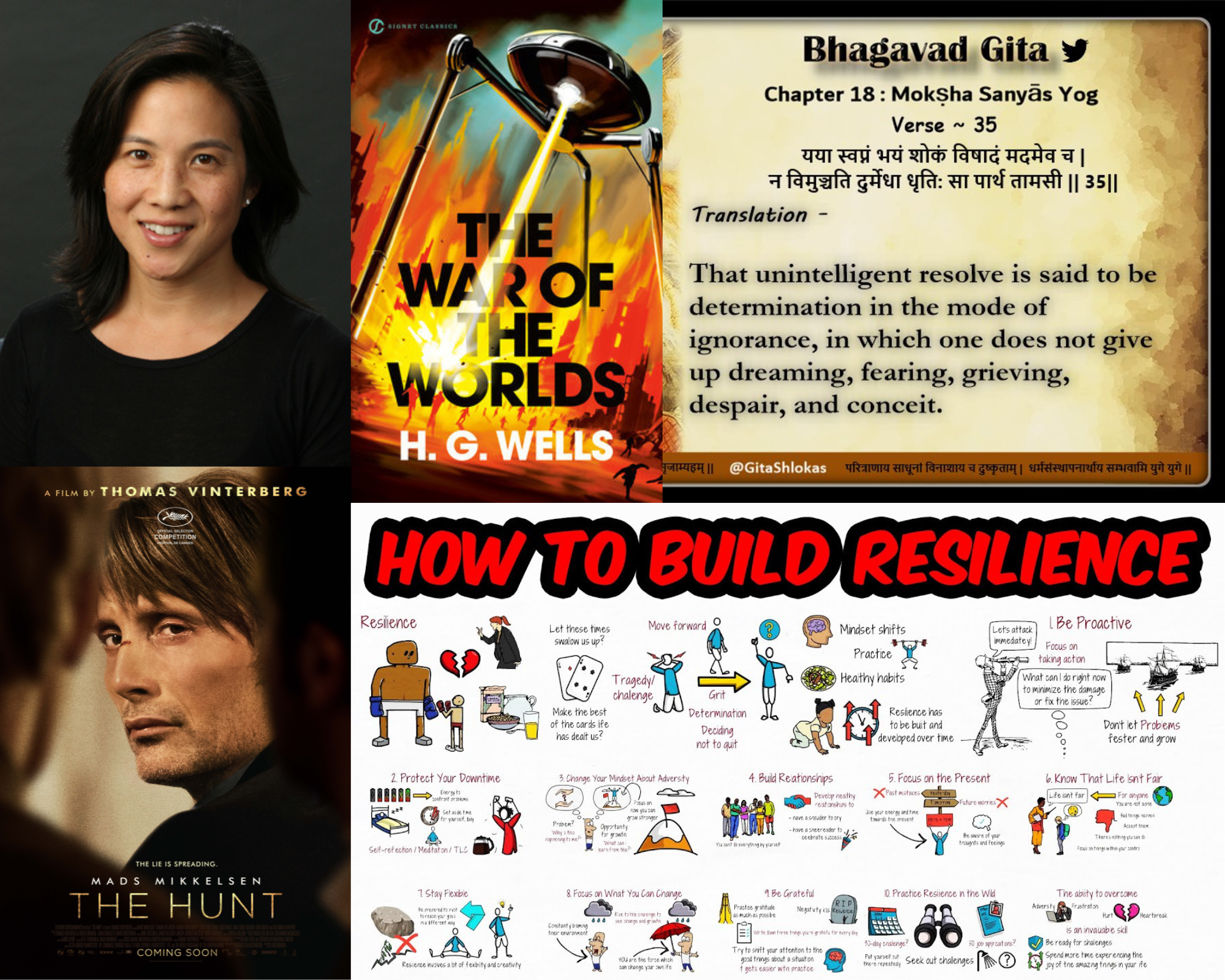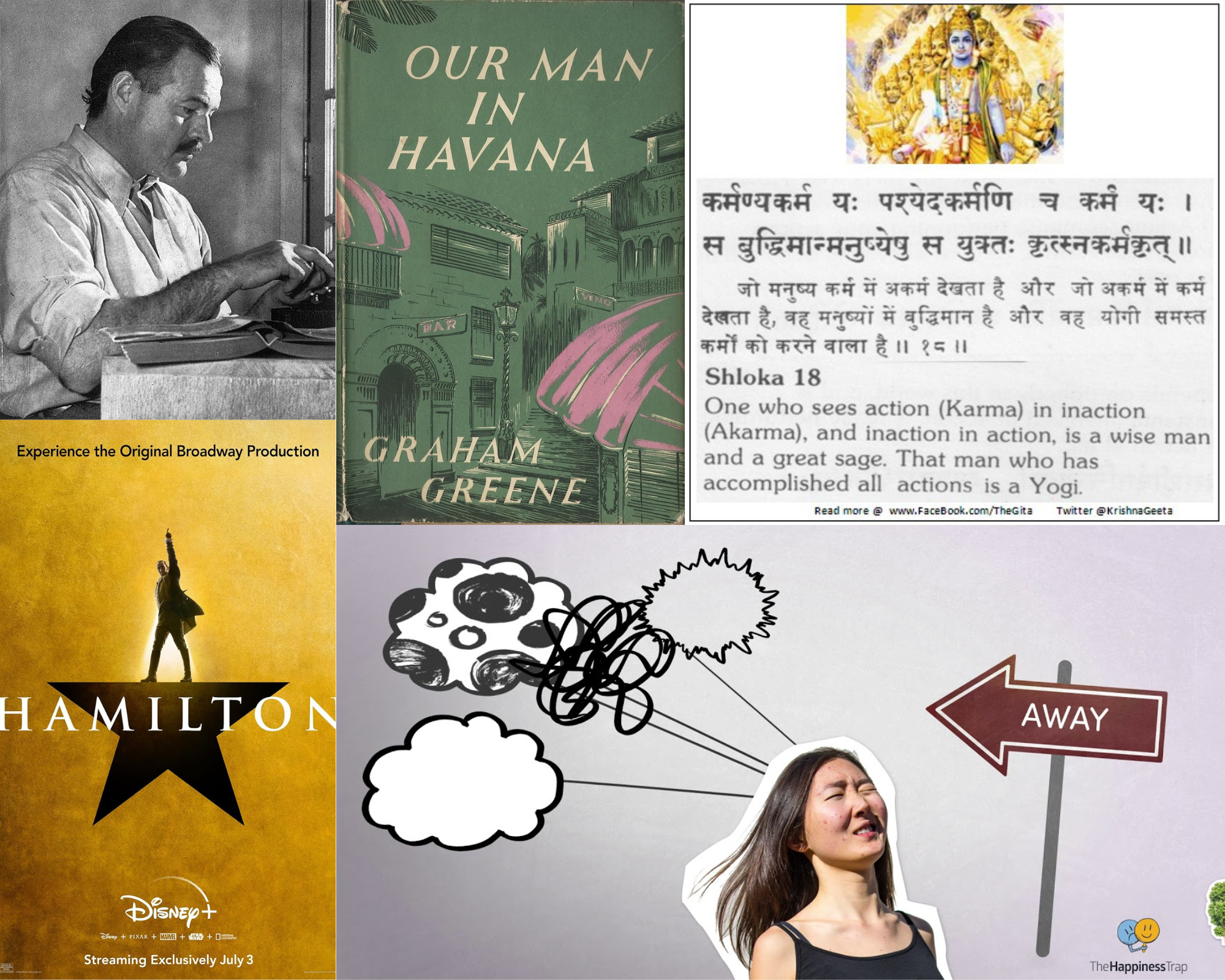Sunday Supplement #185 (November 24th, 2024)
Below is another Sunday Supplement with a quote worth sharing, a book worth reading, a movie worth watching, brainfood worth consuming, and a spiritual passage worth pondering.
Please take something away from these recommendations that enriches your week ahead!
Quote of the Week:
“No person, no place, and no thing has any power over us, for ‘we’ are the only thinkers in our mind. When we create peace and harmony and balance in our minds, we will find it in our lives.”
– Louise L. Hay
Book of the Week:
Siddhartha – Herman Hesse
Herman Hesse’s 1922 novel tells the story of a wealthy Indian Brahmin who casts off a life of privilege to seek spiritual fulfillment.
The Indian Brahmin Siddhartha experiences homelessness, fasting, and meditation with his friend Govinda at the start of his journey.
Siddhartha eventually takes his own path and pursues a partnership with a woman, Kamala, while attaining wealth. His final journey leads him on another pilgrimage to enlightenment.
Hesse’s classic novel meditates on various philosophies, including Eastern religions, Western individualism, and Jungian archetypes.
I highly recommend this novel for a meaningful exploration of purpose and balance in life.
Movie of the Week:
Oscar-nominated director Darren Aronofsky has had an incredible film career, with films such as Requiem for a Dream, The Wrestler, Black Swan, and The Whale.
However, my favorite Aronofsky film remains The Fountain.
The film consists of three storylines involving a quest for immortality, a dying love, and a pursuit of avoiding fate in this life or the next.
One story is set in the Spanish Conquistador era, one in the present, and one in the 26th century. Each features versions of the same main characters portrayed by Hugh Jackman and Rachel Weisz.
The Fountain is a brilliant film that utilizes every element of the medium to craft a beautiful story.
Brainfood of the Week:
How Stoics Find Balance in Their Life | Daily Stoic
Ryan Holiday is a bestselling author, businessman, and podcaster. His YouTube Channel, Daily Stoic, has almost two million followers and features videos on Stoicism for modern times.
I featured Ryan Holiday’s book The Obstacle is the Way in Sunday Supplement #36 and another Daily Stoic video in Sunday Supplement #102.
In this video, Holiday discusses principles the Stoics followed that allowed them to find balance in their lives, including temperance, presence, and negative capability.
Holiday’s work, the Stoics, and this video are worth checking out.
Closing Spiritual Passage:
“Content with whatever gains come of its own accord, and free from envy, they are beyond the dualities of life. Being equipoised in success and failure, they are not bound by their actions, even while performing all kinds of activities.”
– Bhagavad Gita 4:22
This Bhagavad Gita verse is an excellent reminder to find balance amidst life’s positive and negative experiences.
We cannot remove all negative experiences from our lives, but we can find a way to accept them and move forward.
If we overly attach ourselves to positivity, we can begin to avoid anything that could result in failure and fall victim to a hubris nature.
Instead, this verse reminds us to take things in stride and not get overly caught up in narratives around our actions.
Find balance and calm in your presence, and have a blessed week ahead!




